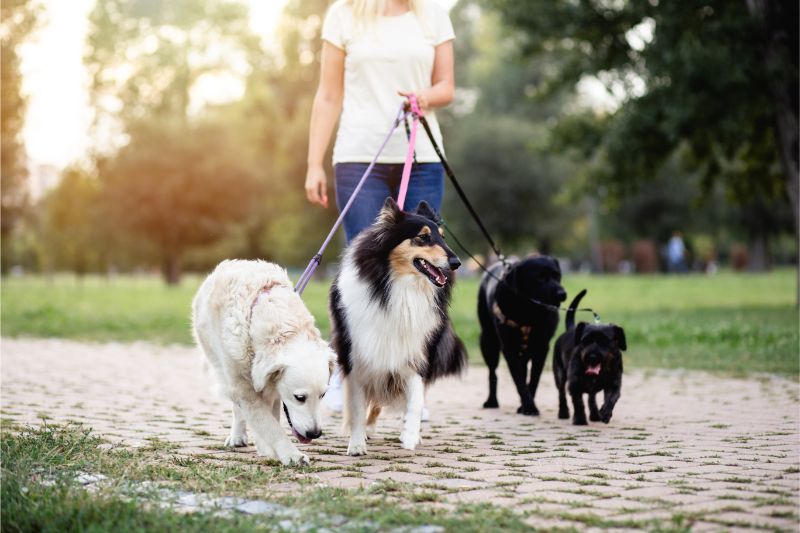
Parvo and What You Can Do to Prevent It

Parvo. The word strikes fear into most pet parents and for good reason. Parvovirus is a virulent disease that attacks the white blood cells and can cause severe dehydration through vomiting and diarrhea. It typically affects pets between the ages of 6-20 weeks old, since the young have not been fully vaccinated. It can be spread to any pet that isn’t vaccinated, though.
But what is canine parvovirus and, more importantly, how can you prevent it from harming your pet? That’s what the team at Arlington Animal Hospital want you to know, along with understanding the signs of parvo and how to treat it.
Canine Parvovirus
Canine parvovirus is a highly contagious illness that can cause serious damage to the intestinal tract. This is because the virus spreads through the bloodstream and replicates itself. From there, it harms the cells of the body and creates the symptoms associated with parvo.
These include:
- Lethargy
- Bloody stool that is foul smelling
- Vomiting
- Dehydration
- Fever
- Loss of appetite
Parvovirus is spread through contact with the feces of an infected dog. The virus usually appears in these symptoms 3-10 days after being exposed to it. Many adult dogs, up to 80%, show no symptoms, but puppies are more susceptible to the virus and exhibit the more serious reactions.
The parvo virus is extremely resilient, living in organic matter or feces for up to one year. Without treatment, the virus can go on to attack the heart and respiratory system and can prove to be fatal.
Treatment of Parvo
There is no cure for parvo, but we can help to counteract the effects through the use of supportive care. To diagnose, a fecal test must be performed. Your pet will most likely have to be hospitalized if they are infected with the disease. This is because parvovirus is so aggressive and constant supportive care must be utilized to help your pet’s immune system fight off the virus.
Treatment starts immediately by using intravenous fluids to keep your pet from becoming dehydrated. Your pet will also be given medications to control vomiting and support the immune system. Unfortunately, the treatment and stay in the ICU is expensive and oftentimes the patient doesn’t get better. The prognosis for parvovirus is usually poor, but getting a pet started on support early in the illness can help for a better prognosis.
Prevention of Canine Parvovirus
This contagious illness is both expensive to treat and can be fatal, and that is why prevention should be on every pet owner’s top agenda. Vaccination and precautions relating to hygiene are paramount to keeping your pet safe and healthy.
- Make sure your adult pet’s are current on their vaccinations and follow up with each booster vaccines needed for young puppies
- Avoid public places with younger pets until they are fully vaccinated and on a parasite preventative
- When visiting the vet, keep puppies off the floor by carrying them and seating them on your lap while waiting
- Limit your pet’s exposure to places where pets congregate, like dog parks, doggie daycare, and kennels
- Keep your pet away from fecal waste when you are out for your walks or at the park
To learn more about parvo, or to schedule an appointment for your pet, please phone the friendly, knowledgeable team at Arlington Animal Hospital.
Contact Us!
2301 Columbia Pike #G-1, Arlington, VA 22204
Phone: (703) 920-5300
Fax: (703) 685-8860
Email: info@myarlingtonvet.com
Office Hours
-
Monday
8 a.m. – 8 p.m.
-
Tuesday
8 a.m. – 8 p.m.
-
Wednesday
8 a.m. – 6 p.m.
-
Thursday
8 a.m. – 6 p.m.
-
Friday
8 a.m. – 6 p.m.
-
Saturday
8 a.m. – 2 p.m.
-
Sunday
CLOSED
- Doctors’ hours are by appointment only.



